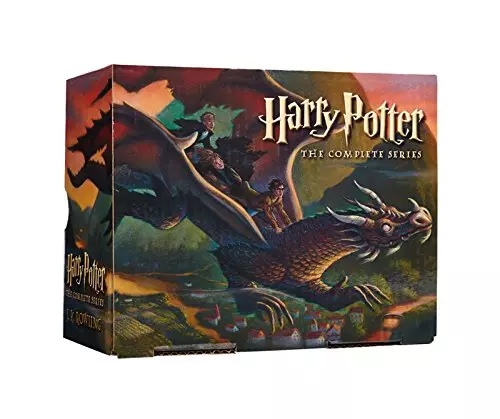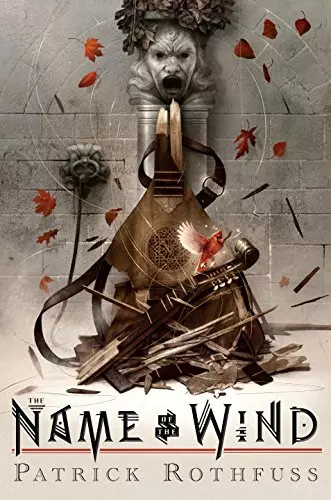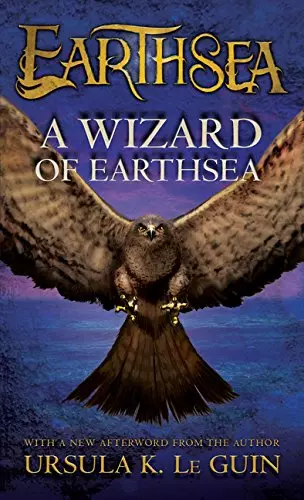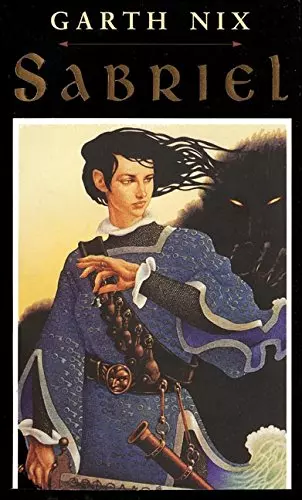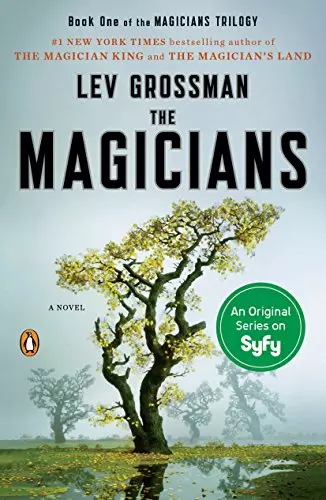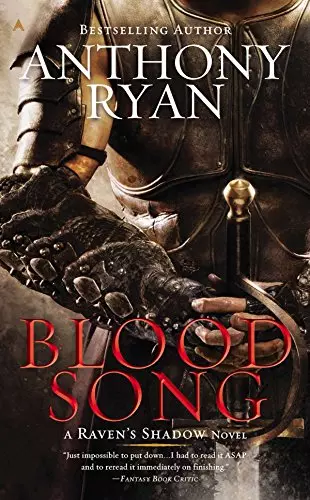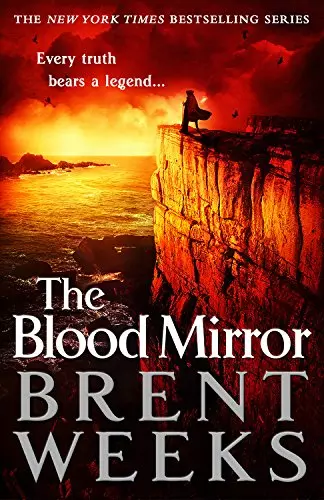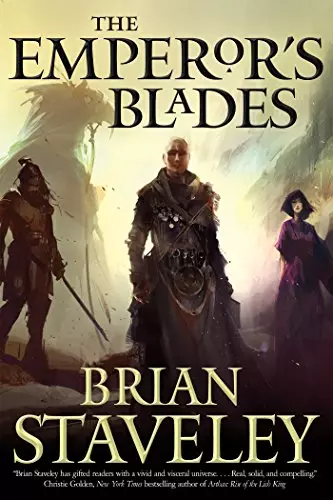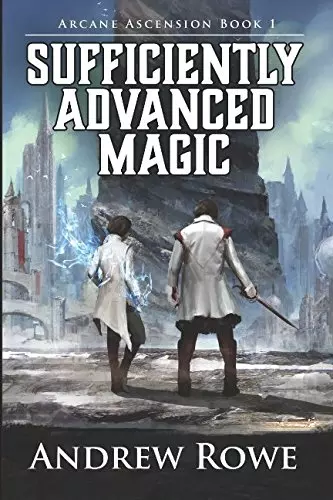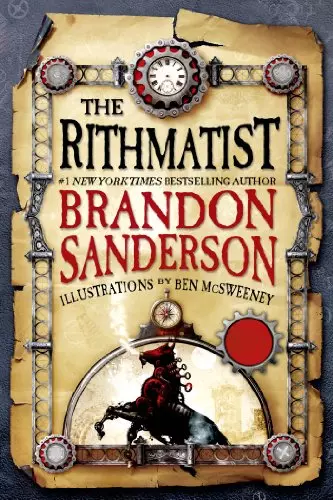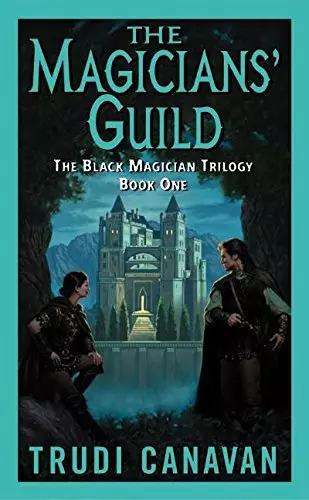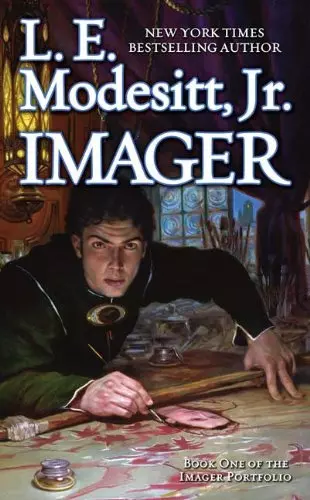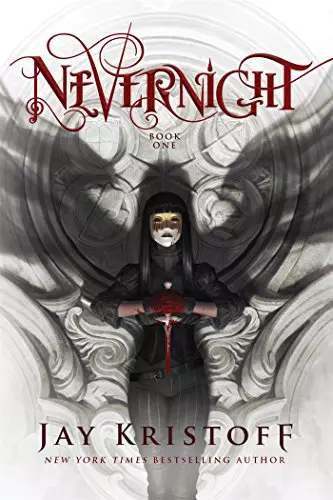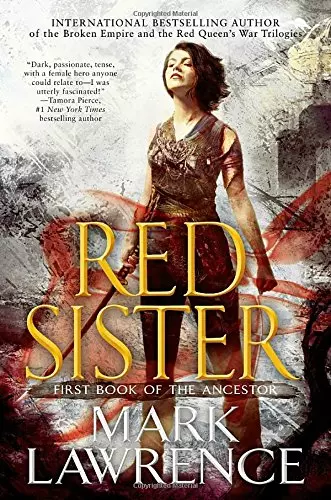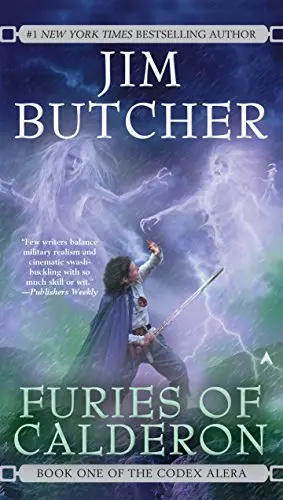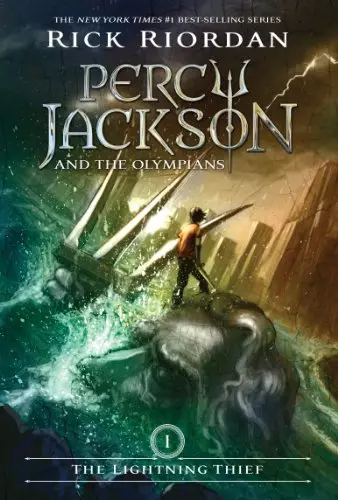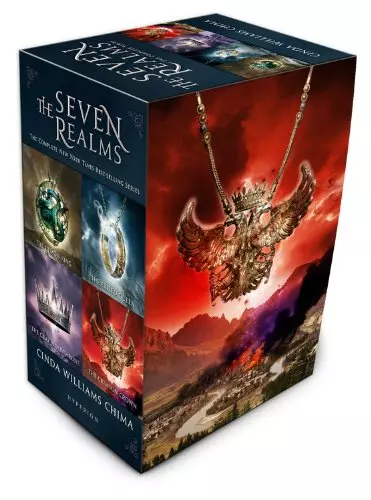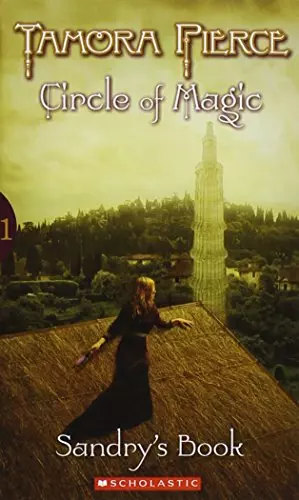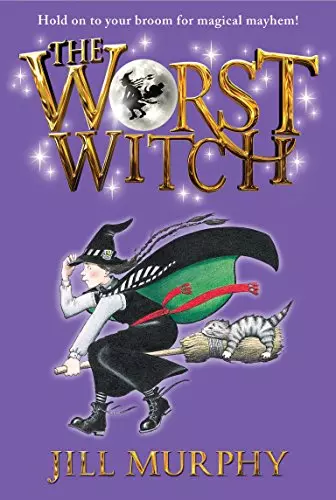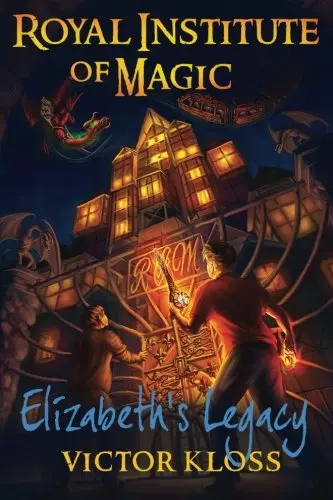Best Magic School Fantasy Books
Top Magic School Fantasy Books
There are thousands of fantasy settings. Entirely different universes, alternate histories, and different realities. However, where magic is concerned, education is always vital, and that makes for some hugely satisfying developments.
The school environment allows for incredible, character-driven narratives, throwing a group of young people in one space and forcing them to get on. It breeds the same conflicts that children see every day and gives groups of friends the power to overcome them.
Despite this, there’s often something for older readers. Dark, outside influences often place great tensions on the confined environments, showing glimpses of the huge world outside. It’s a formula that attracts millions, and this list should be more than enough to convince you to join them.
Ranked Fantasy Books
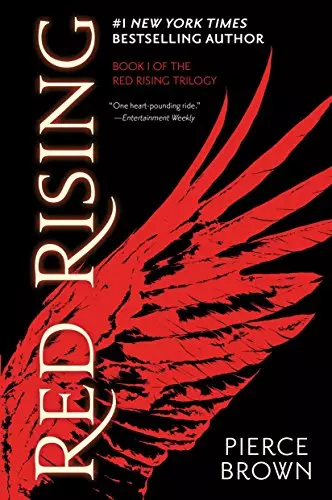
Red Rising (not Magic, But Hunger Games Survival Meets School Setting With Some Fantasy Elements)
by Brown, PierceTrending Books in Best Magic School Fantasy Books
Trending Fantasy Booklists
Best Fantasy Magic Systems Books
Top Best Fantasy Magic Systems Books
Top 25 Best Fantasy Books of the 90's
The Best Fantasy Books Published in the 1990's
Best Fantasy Series
A list of the best fantasy series in the genre (from all fantasy subgenres)
Top 50 Best Epic Fantasy
The Absolute Best Epic Fantasy Series
World Fantasy Award Winners
The Prestigious World Fantasy Awards for Best Novel
Top 100 Fantasy Books
The Top 100 Best Fantasy Books Ever Written

